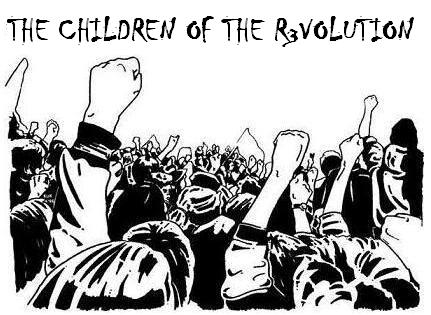 Today’s deficit figures from both the White House and the Congressional Budget Office are not pretty. In fact, they are record-setting. The administration’s report projects the 2009 deficit at $1.58 trillion. That figure jumps to a staggering $9 trillion over ten years, though projections that far out are often unreliable. This is an unequivocal financial quagmire for the Obama administration, which at this very moment is seeking to push through healthcare reform legislation that could cost an additional $1 trillion over ten years, with no sustainable source of funding yet identified.
Today’s deficit figures from both the White House and the Congressional Budget Office are not pretty. In fact, they are record-setting. The administration’s report projects the 2009 deficit at $1.58 trillion. That figure jumps to a staggering $9 trillion over ten years, though projections that far out are often unreliable. This is an unequivocal financial quagmire for the Obama administration, which at this very moment is seeking to push through healthcare reform legislation that could cost an additional $1 trillion over ten years, with no sustainable source of funding yet identified.When George W Bush left office in January of this year, he bequeathed a deficit of $1.3 trillion to his successor. The size of that deficit was largely due to the $700 billion federal bailout legislation that the Bush administration supported, without which he would likely have ended on a still mammoth but much more manageable $600 billion deficit figure.
The reaction on the part of Obama’s supporters has largely been according to formula: the record-high Obama deficit is Bush’s fault. House Budget Committee Chairman John Spratt put it this way: “Today's deficits are a legacy of the Bush Administration and of the worst recession since the 1930s, which began in December 2007 on the watch of President Bush. Most of this year's deficit is a carry-over from his administration.” With all due respect to Congressman Spratt and his Democratic colleagues, this argument is disingenuous and, quite frankly, immature.
If we are to blame the $1.3 trillion Bush deficit that Obama inherited for the $1.58 trillion figure now projected, we have to wonder what the president would have done differently to have started his administration on a more financially sound note. The fact is that, as a United States Senator, he voted in favor of the $700 billion federal bailout that made up the lion’s share of the Bush budget deficit he now decries. His ardent support of the $787 billion stimulus package earlier this year further demonstrates that he is more than willing to double down on even more wasteful, bailout-style spending on the federal level. His administration and his party also support the continuation of another big ticket budget item from the Bush era: prescription drug benefits.
While the president never misses an opportunity to point out the fiscal negligence of the Republicans during the Bush administration, he and his party have had ample opportunity to prove themselves equal to or worse than their predecessors in the realm of economic policy and crafting a responsible budget. The new deficit figures are irrefutable proof that they have outdone Republican largesse without breaking a sweat. And even in the face of a staggering $1.58 trillion deficit they show no signs of backing down on healthcare reform that, as the president fallaciously claims will be deficit neutral, you can be sure was not included in the recent figures.
The country has outgrown whatever taste it had for Bush-bashing and, amazingly, expects an administration promising change to reverse whatever fiscal backsliding it continues to accuse its predecessors of. The president and his party need to stop laying the blame at the feet of Bush and man up. We want solutions to our fiscal problems, not excuses and additional problems.







